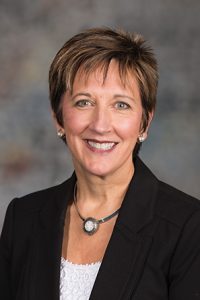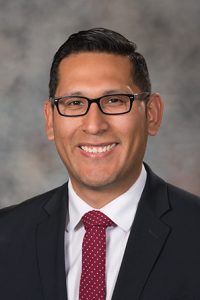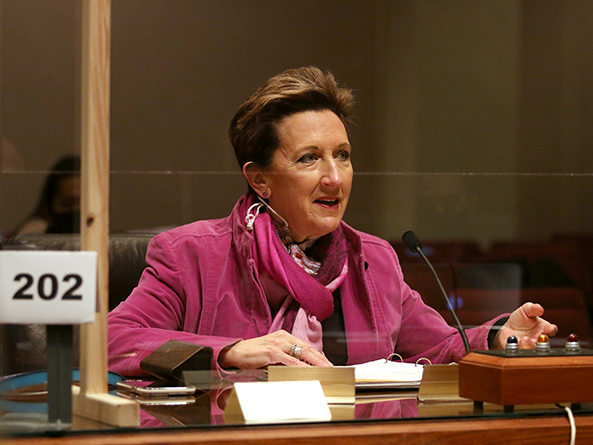Foster care transition program would expand
The Health and Human Services Committee heard testimony Feb. 11 on two bills that would expand eligibility for a state program that provides a system of supports for state wards as they transition out of the foster care system.

LB202, introduced by Sen. Patty Pansing Brooks of Lincoln, would allow juvenile-adjudicated youth who are at least 19 years old and were in a court-ordered out-of-home placement to participate in the Young Adult Bridge to Independence program.
Youth who are aging out of the juvenile justice system often lack support, Pansing Brooks said.
“They can find themselves alone or homeless. It is especially crucial to reach these at-risk kids so that we can ensure that they have proper supports to keep them from entering our adult prison system,” she said.
Pansing Brooks added that the bill would extend eligibility to about 30 young adults.
Sarah Helvey of Nebraska Appleseed testified in support of the bill. She said LB202 would not only help young adults have a better life, but would save the state money by keeping them out of the adult correctional system.
“We believe it carefully targets a subset of the juvenile justice population who need the support of [the program] because they don’t have a home to return to,” Helvey said.
Laura Opfer of the Nebraska Children’s Commission also spoke in favor of LB202. Program participants are more likely to have attended college, found safe and affordable housing and have adults that they can turn to when in crisis than young adults who are not in the program, she said.
“We believe every youth is one caring adult away from being a success story,” Opfer said.
Stephanie Beasley, director of the Division of Children and Family Services at the state Department of Health and Human Services, testified in opposition.
In written testimony, she said the expansion would increase program expenses and complicate eligibility determinations.
“Unless a youth is dually adjudicated with an abuse or neglect case, the department has concerns about the ability to determine eligibility for probation youth, as DHHS will not have the authority to obtain [the] documents needed,” Beasley said.
LB262, introduced by Sen. Tony Vargas of Omaha, would extend eligibility for the program to young adults who are not lawfully present in the country.

Vargas said not allowing undocumented youth into the program sets them up for failure, adding that there currently are eight young adults in Nebraska whose immigration status prevents their participation.
“When they’re missing out on these services, they’re missing out on the opportunity to have the type of transition that enables them to be truly independent, hard-working Nebraskans,” Vargas said.
Allison Derr of Nebraska Appleseed spoke in support of LB262. She said young adults in the immigration system in particular are at risk after transitioning out of foster care.
“The importance and effectiveness of [the program] can’t be overstated and that’s especially so for young people needing assistance navigating our complex immigration system, often without family or other supportive adults,” Derr said.
Rose Godinez of the ACLU of Nebraska also testified in support. She said federal law grants states the authority to expand access to services like the Young Adult Bridge to Independence program and that many of the individuals who would be covered by LB262 are on a path to legal immigration status.
Beasley testified in opposition to LB262 on behalf of DHHS.
She said that undocumented youth may not be able to meet the program’s educational and work requirements because of their immigration status. She added that expanding the program would increase state expenses.
“LB262 would cause an additional fiscal burden by extending medical coverage to participants in [the program who are] not eligible for Medicaid,” Beasley said. “This would include not only the expansion group identified in LB262 but all individuals in [the program] who are not receiving medical assistance.”
The committee took no immediate action on either proposal.


